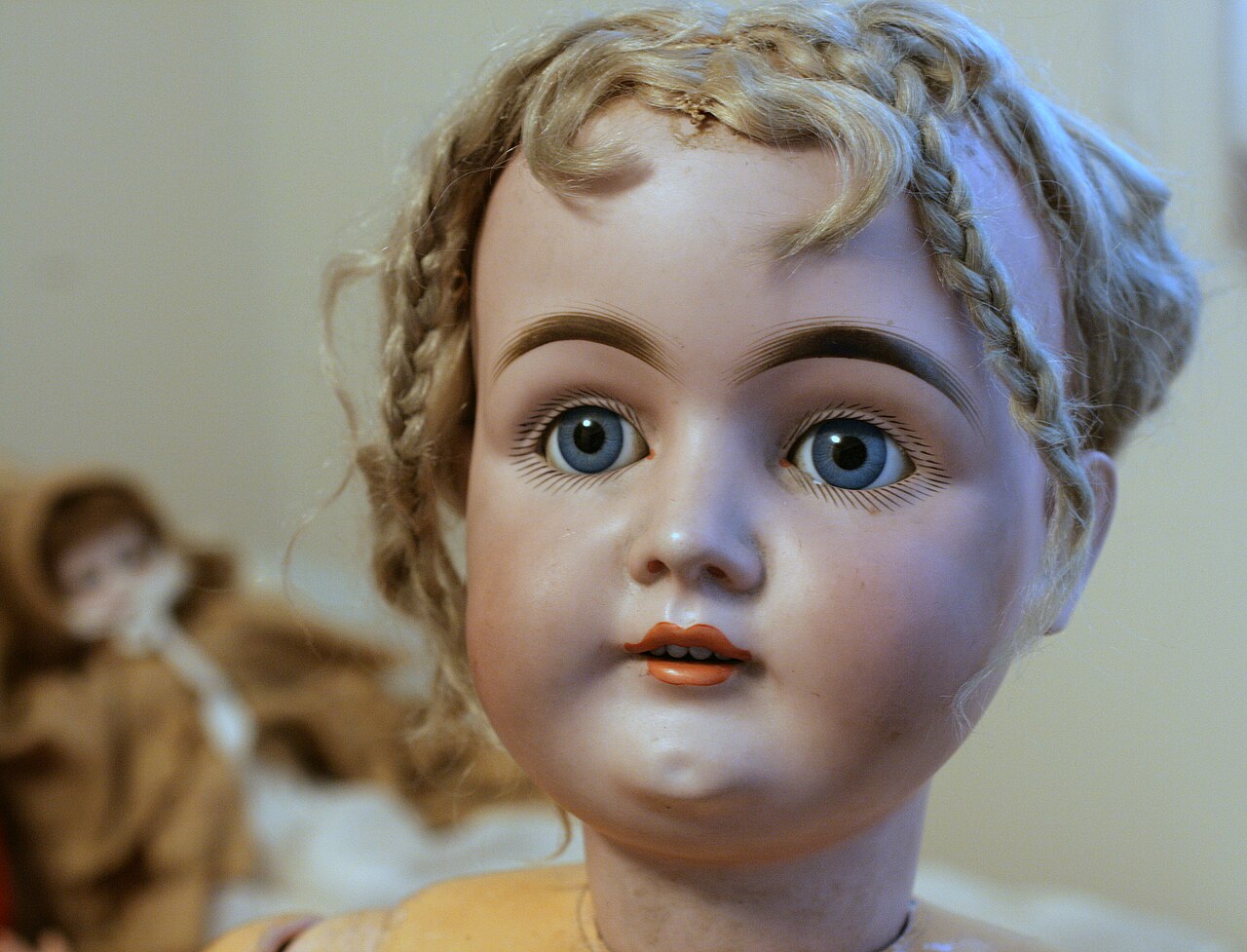 |
| https://en.wikipedia.org/wiki/Bisque_doll |
One of my parent's favorite party tricks is retelling their supposedly impoverished childhoods that never really bore up to reality, and how could it? All of my grandparent's provided for their children excellently (and their children's children) for well beyond their years, every one of them going on to college, with the exception of my dad's sister Marilyn, who became an unwed mother and proud Go-Go dancer. Not exactly stellar, but what did they expect? American assimilation was rough for our poorly educated great-grandparents who were "fresh off the boat", back in the days when it was a truly rough ride indeed. My grandparents coped with an economic depression so profound it's infamous worldwide, with parents who may or may not choose to work again, because they couldn't read, write, or speak English.
It made the mundane and middle-class financial deprivations of my parents seem ridiculous in comparison to them and us, which they are. My parents came off the big economic boom that war always seems to bring to winning societies, without them ever really confronting hunger, starvation, or death, except when they did stupidly reckless things with their lives, which they sometimes still do. They were (are) like children to us, and that's how I treat(ed) their woes: like the children of privilege that I know them to really be, because without my grandparents and me, they'd be dead, something they can admit to when they are feeling satisfied, generous, and well-fed, which is all the time.
And so it came as no surprise to me and my brothers when my parents always lined their pockets plushly to over-filling first, questing to fill needs that are much more psychologically-based than true-to-life, severe as their disabilities can be at times. They pout, throw tantrums, threaten, intimidate, harass; they do everything short of murder, and on some days, I could see them in both of those roles, too. My dad used to tell me brief stories about his "Greaser" adolescence in Brooklyn that ended when his best friend was electrocuted for murder, forcing my grandmother to ship him off to the Navy, like she'd sent her husband to war many years ago.
Next to my father's unmarried mother "living-in-sin" and a missing alcoholic for a dad, my mom must have felt performance pressure keenly. And so she mined her roots for scenes that she could use during their resource-based arguments, like two children fighting over a bag of candy. The unfortunate effect for us caught in the middle was always the same result, though: there was way less available for us, and that's exactly what happened as a result of my mom's poverty stories. She told us that they were so poor, that one year the only thing she got for Christmas was a doll's wig for her old doll, and that was it. She used it to justify her tight pocket for each and every year that we presented our Christmas wish lists.
Of course, she neglected to tell me that it was probably one of the finest wig's money could buy, from a store that my grandmother must have pinched pennies to please her bourgeois daughter with the unreasonably pretentious airs, but that was the price my grandparents paid for a fancy parochial school education. They figured it was worth the price if even one of their disordered kids could get a job after college, and it panned out, like all of my grandparents really good plans do, and just like mine do. After all, I learned from the best.
Life for us is a world of plenty.

